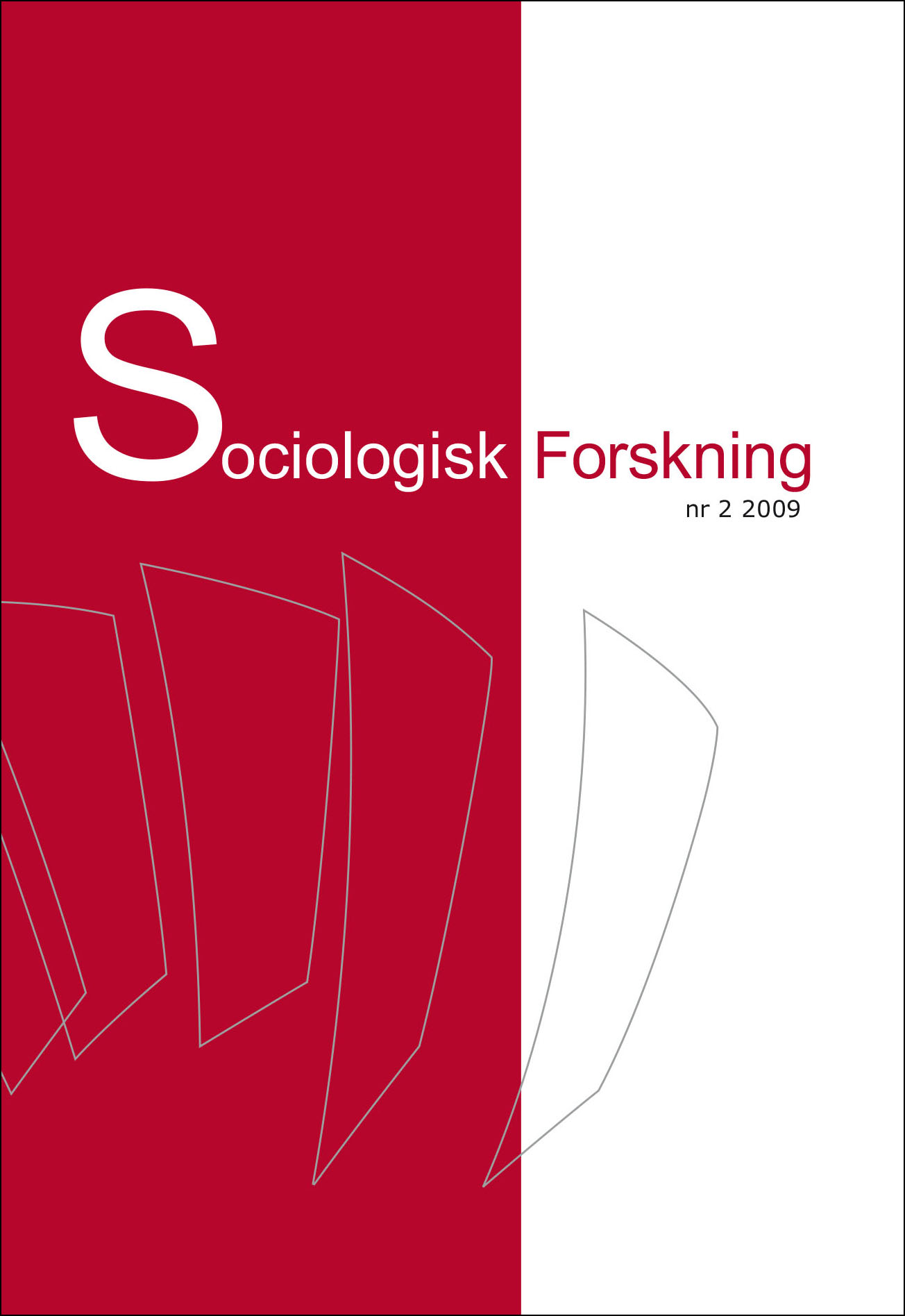Sociologin, hybriderna och den sociala verkligheten
exemplet kärnavfall
DOI:
https://doi.org/10.37062/sf.46.19204Nyckelord:
hybrids, nature-society, political power, constructivism, nuclear wasteAbstract
Sociology, hybrids and social reality: the case of nuclear waste
The continuing technological transformation of nature means that sociology’s traditional vision of a sharp divide between nature and society is becoming ever harder to defend. Starting from Bruno Latour’s critique of modernity, and Nikolas Rose’s explorations of political power beyond the state, this article presents a framework for analysing the expanding wealth of hybrids of nature and society surrounding us today, and the problems of government they pose. These hybrids confront us with the need to rethink sociology’s conception of ‘the social’. With Latour’s help, the interplay of nature and society can be understood as subject to technical mediation, opening the way for studies of the varying arrangements through which different configurations of nature and society are produced. Rather than alternative social constructions of nature, what sociologists should be at pains to analyse and question are different programmes and strategies for bringing together natural and social forces in durable combinations. In the article, the geological disposal of nuclear waste serves as a useful example for exploring the fruitfulness of the analytical framework put forward. This complex undertaking constitutes just one component in a larger field of technoscientific endeavour that has irrevocably transformed nature while simultaneously re-making society. Addressing this case, we seek to reveal the promise of a sociology that does not bound ‘the social’ in advance, but rather makes the co-production of technology and society one of its most important objects of study.
Downloads
Publicerad
Referera så här
Nummer
Sektion
Licens
Allt material i Sociologisk Forskning publiceras med omedelbar öppen tillgång (open access), under Creative Commons-licensen CC BY-NC-ND 4.0.
Allt innehåll i tidskriften är fritt tillgängligt utan kostnad och får för icke-kommersiella syften fritt läsas, laddas ned, kopieras, delas, skrivas ut och länkas. Innehållet får dock inte ändras. När innehållet används måste författare och källa anges. Upphovsrätten till innehållet tillhör respektive författare. Inga publiceringsavgifter tas ut.





